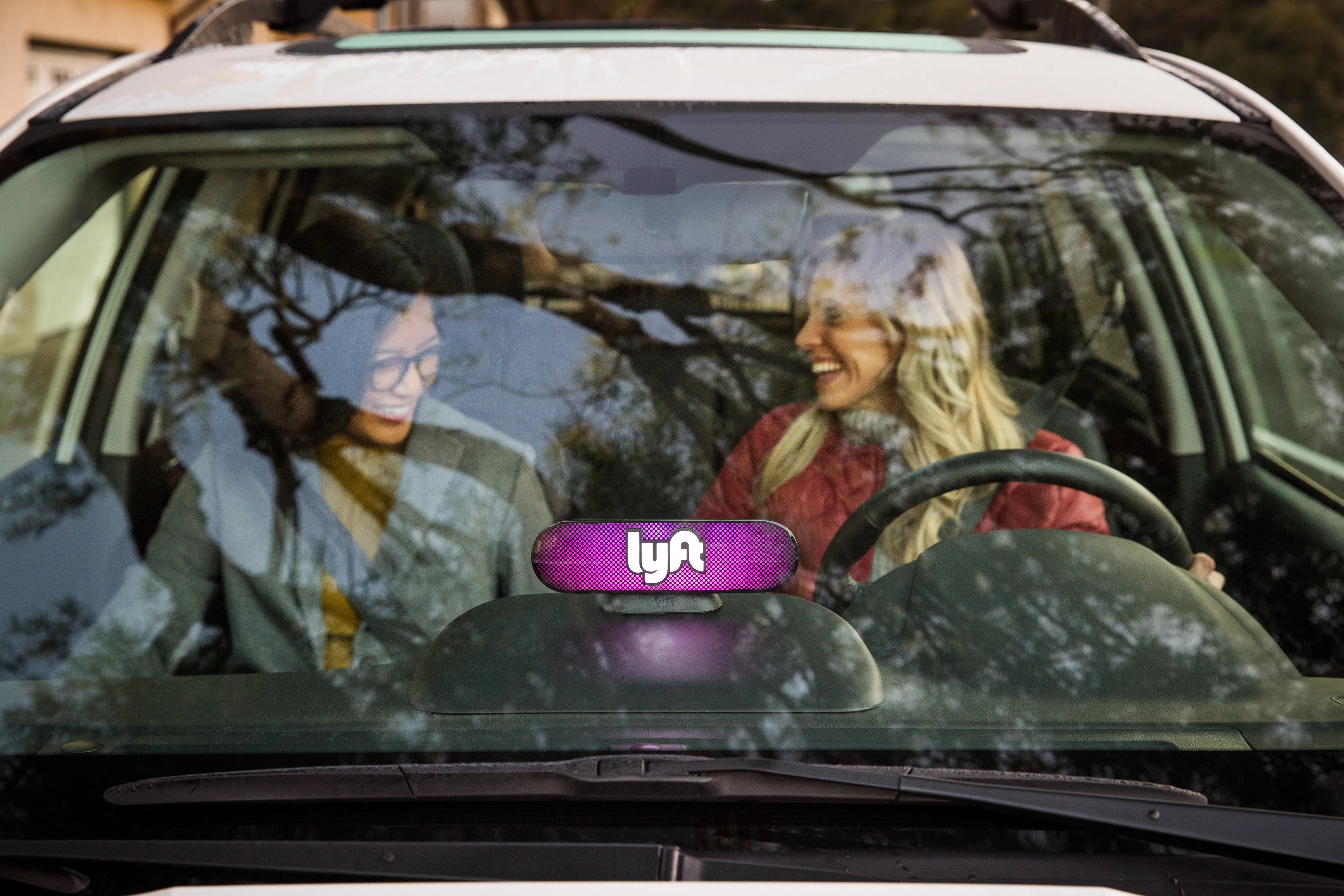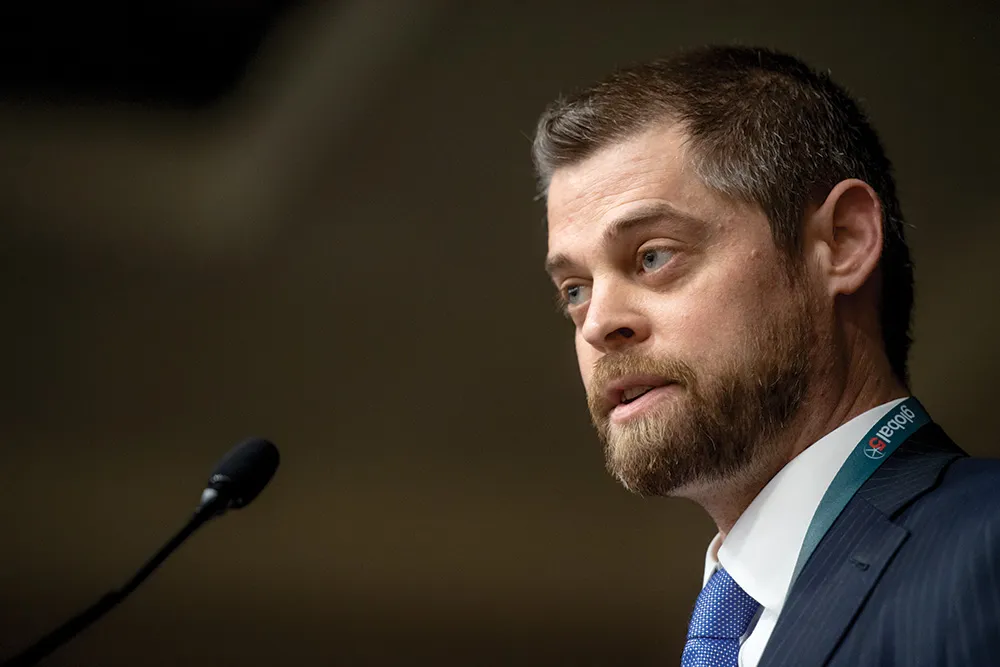
Speaking at this week's Move2020 event in London, Kapoor said: “It doesn’t matter what the city is, there has to be another way of doing things because we cannot keep going on the road that we are. A lot of that problem is that people aren’t sharing a ride right now, so the vast majority of commuters in the US are driving to work alone.”
Kapoor referred to a collaboration between management consultant McKinsey and C40 Cities Climate Leadership Group, in which the partners concluded that anything that does not involve owning a car is key.
“It will cut travel times, lead to less congestion and lower GHG emissions,” he continued. “So it is clear that at a high level there is a solution which is around Transportation as a Service that we're starting to see form.”
Commenting upon learnings from autonomous rides offered by Lyft in Las Vegas, Kapoor claimed people are ready to experience autonomous vehicles.
“What we saw over those 100,000 rides is that the rating has been very high, so once they get over the fear they felt 100% safe,” he beamed. “Secondly, when asked if they want to repeat, 96% want to ride it again.”
Kapoor also revealed that the safety driver is also now fulfilling an “unexpected role as an ambassador” in explaining to riders how the car sees with cameras, lasers and radar and interpret this information to take action.
“It's very important that they understand this when they get into the ride. We think live human interaction is going to be important, even if it’s video or audio, but it’s important to have someone to connect to in these early days,” Kapoor concluded.










